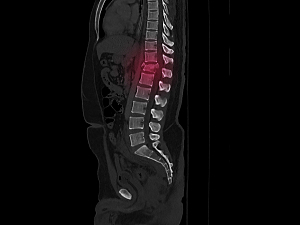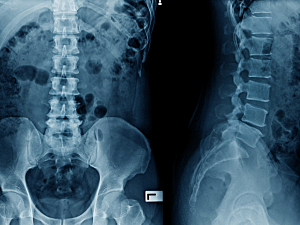Factors That Warrant Screening for Thoracolumbar Spine Fracture After TBI

To determine when additional imaging may be advisable, Hasan A. Zaidi, MD, and Blake M. Hauser of the Computational Neurosurgical Outcomes Center in the Department of Neurosurgery at Brigham and Women’s Hospital, and colleagues identified common risk factors for thoracic and lumbar spinal fractures in TBI.
Read More...







